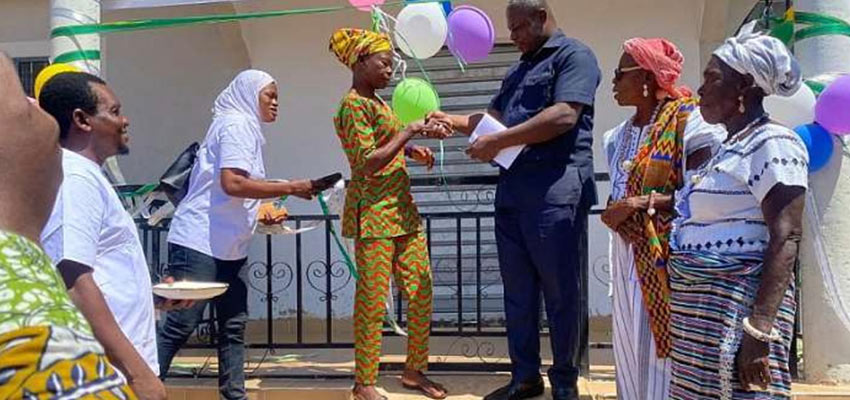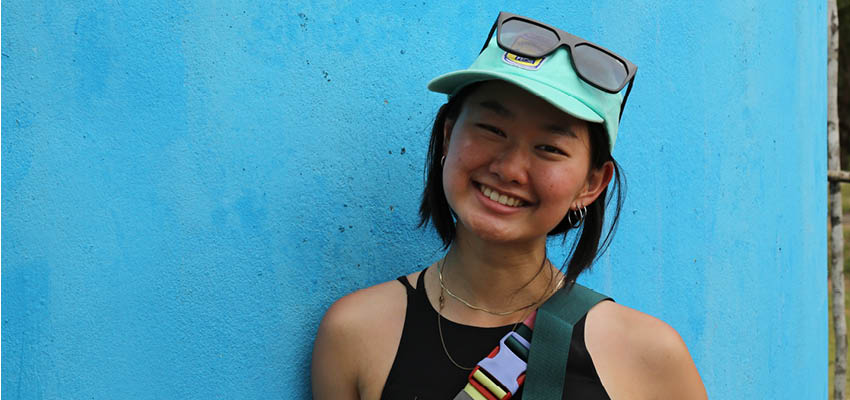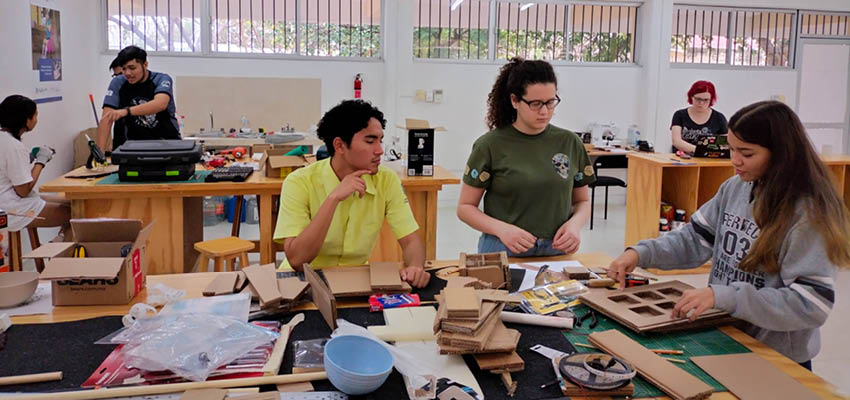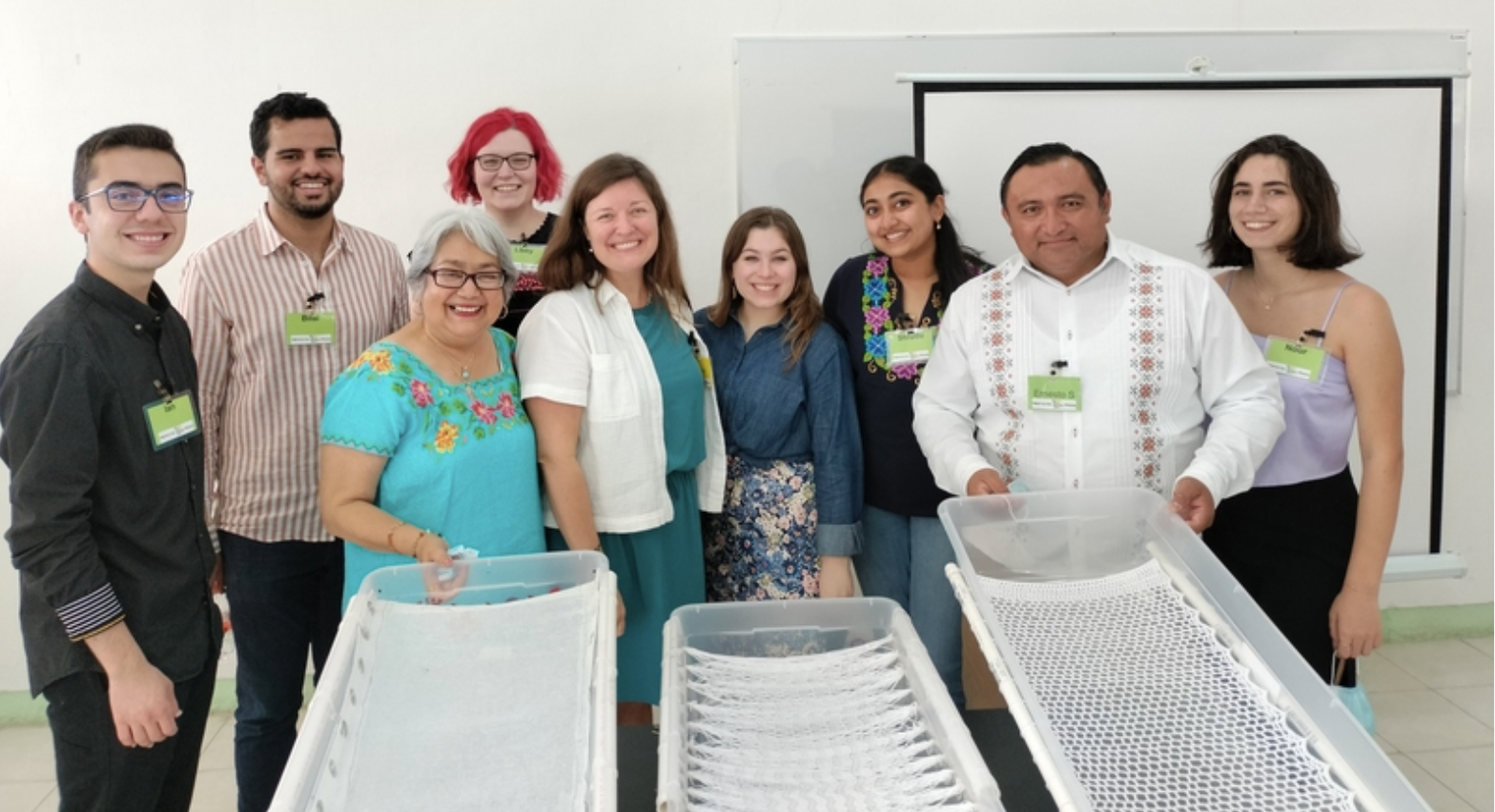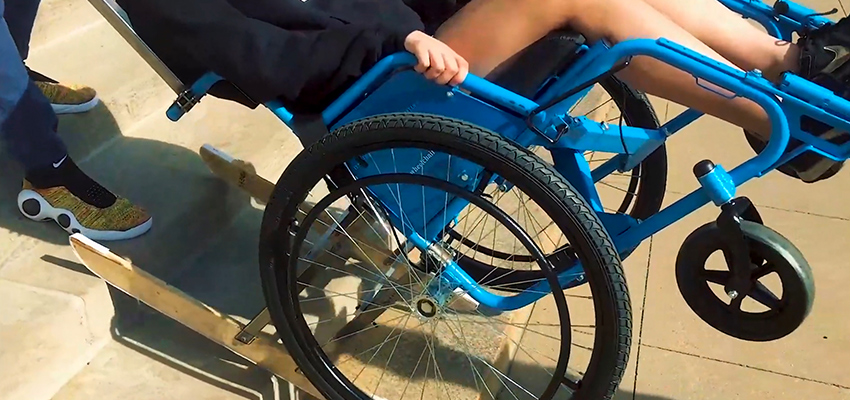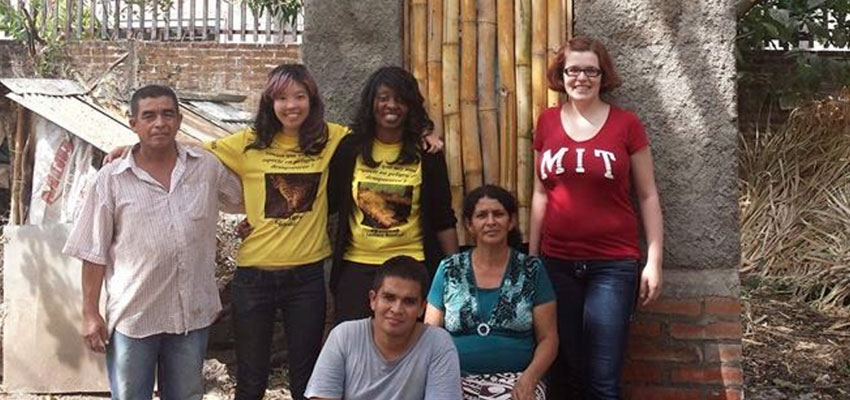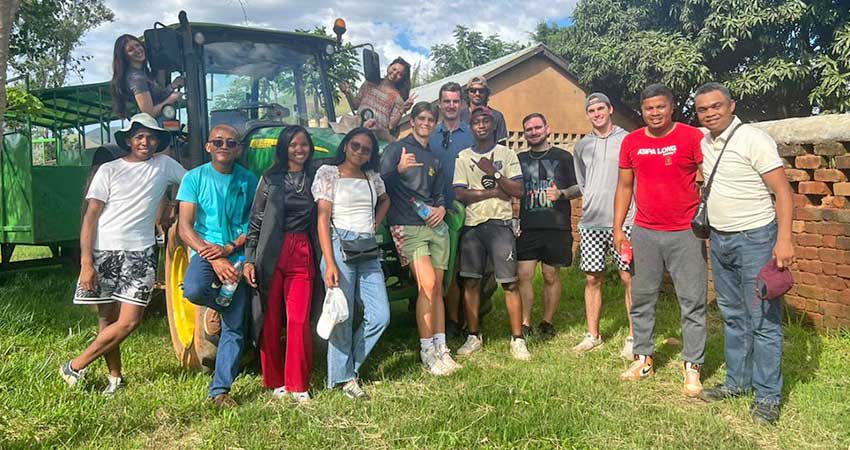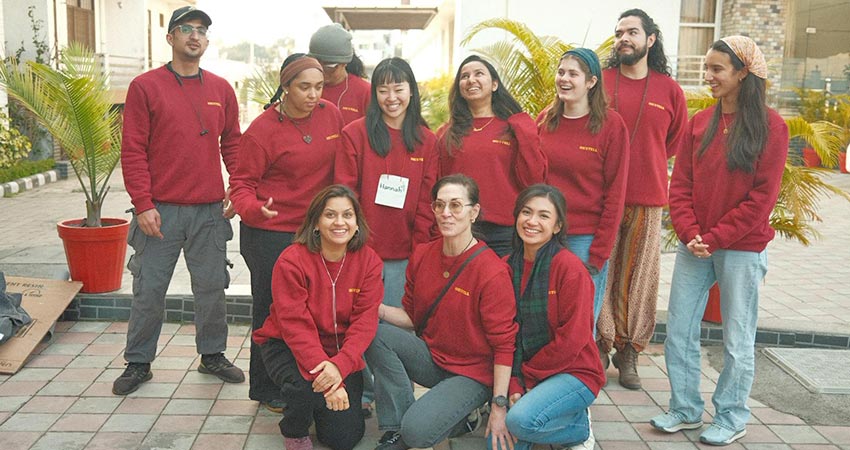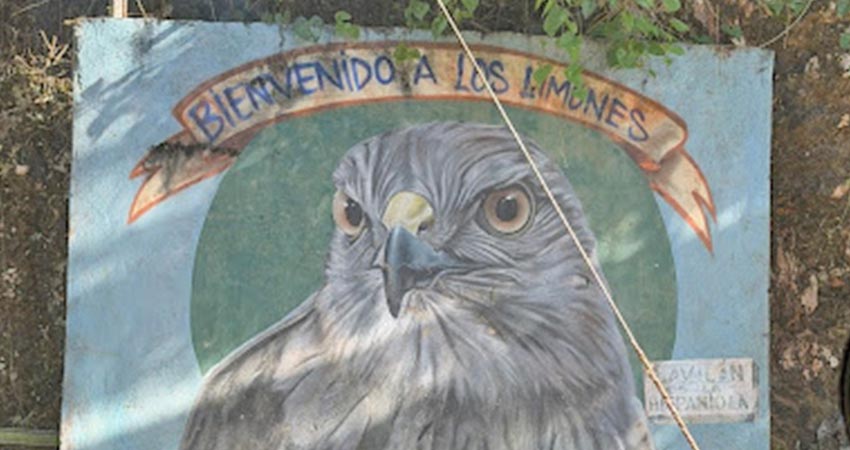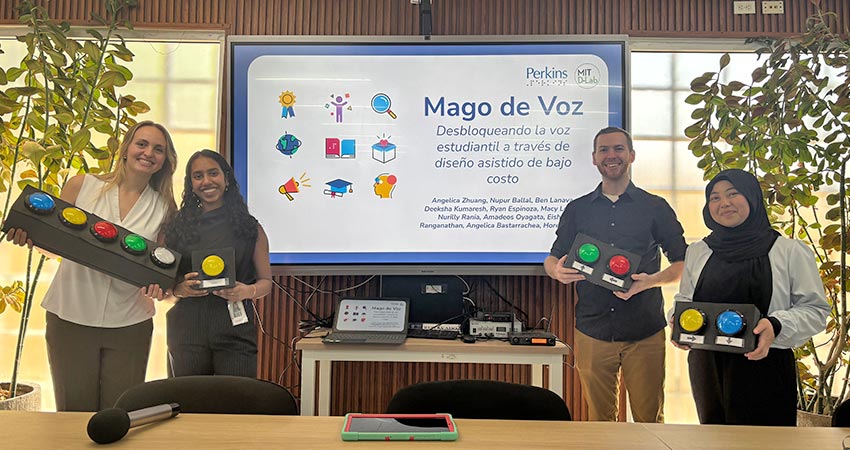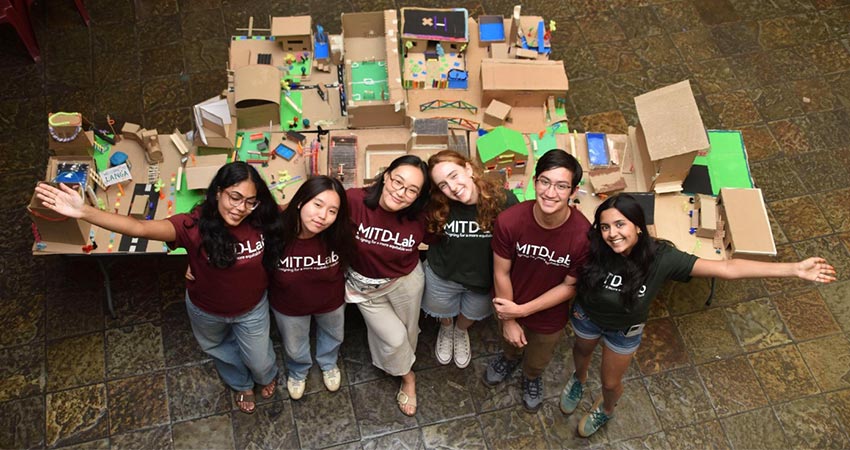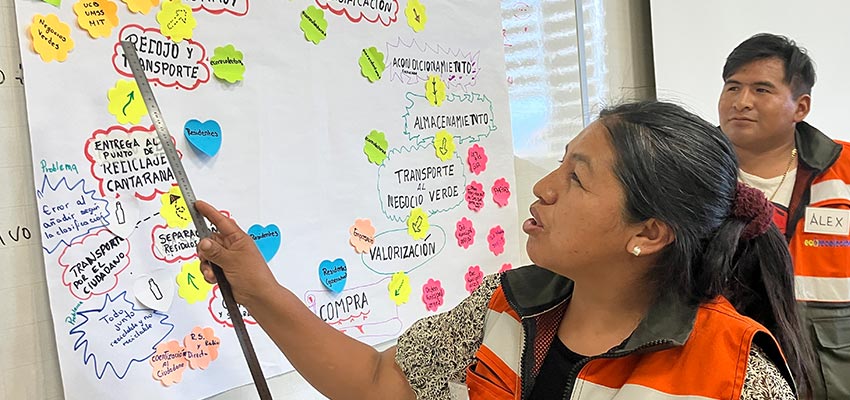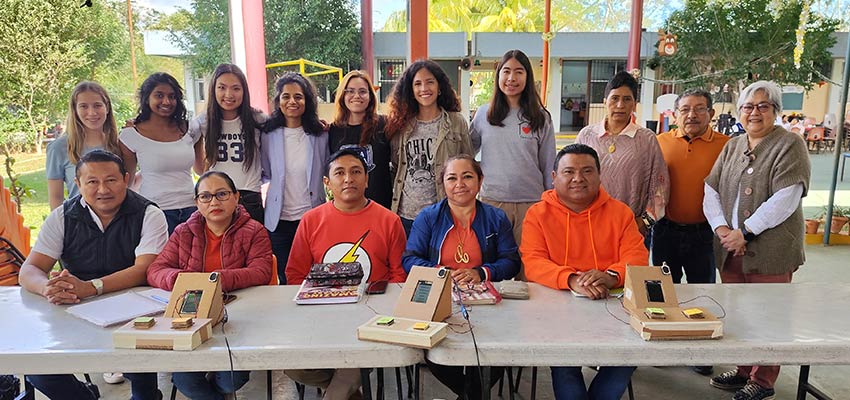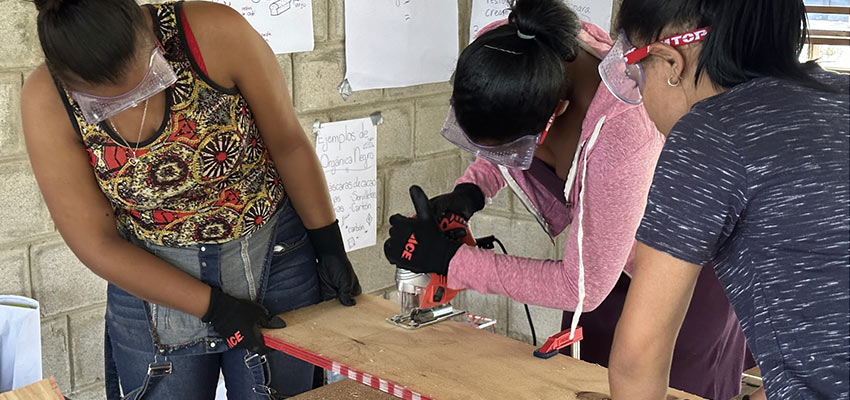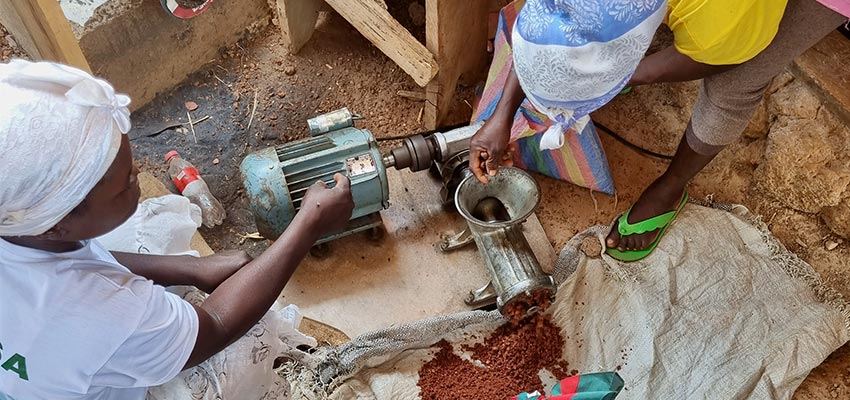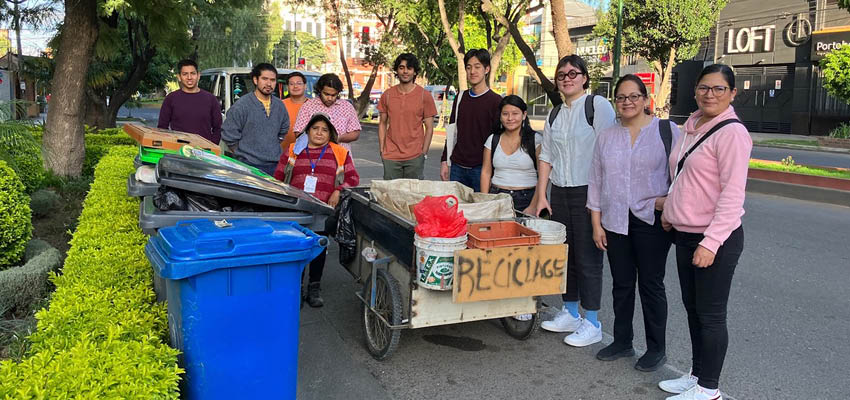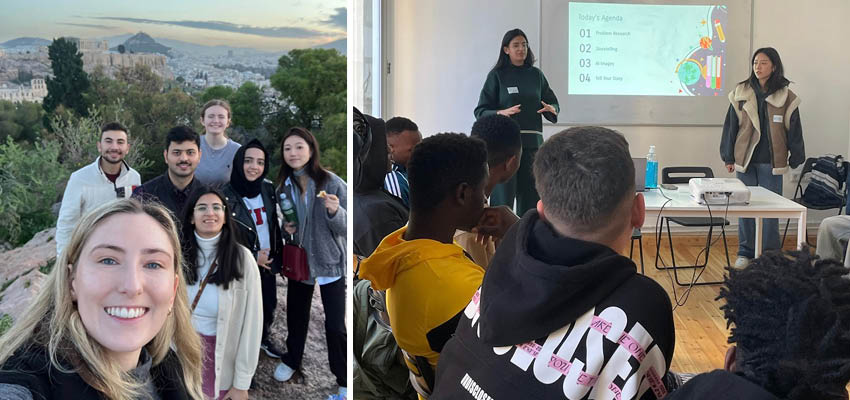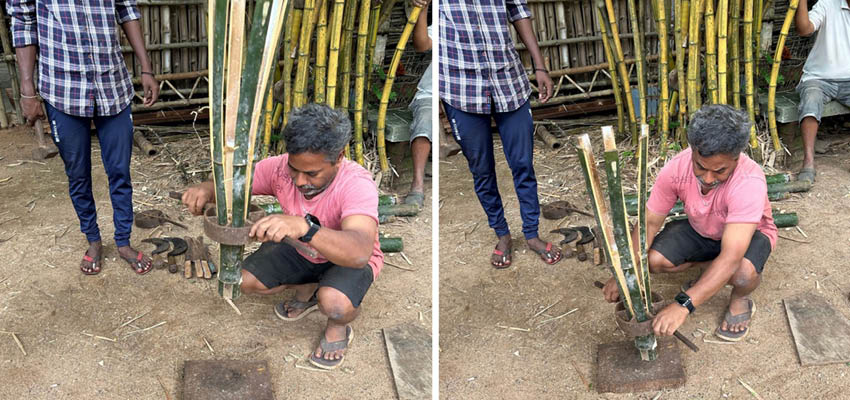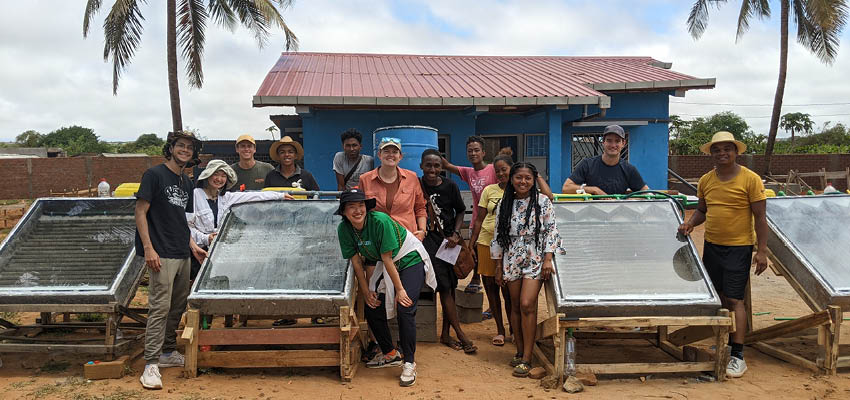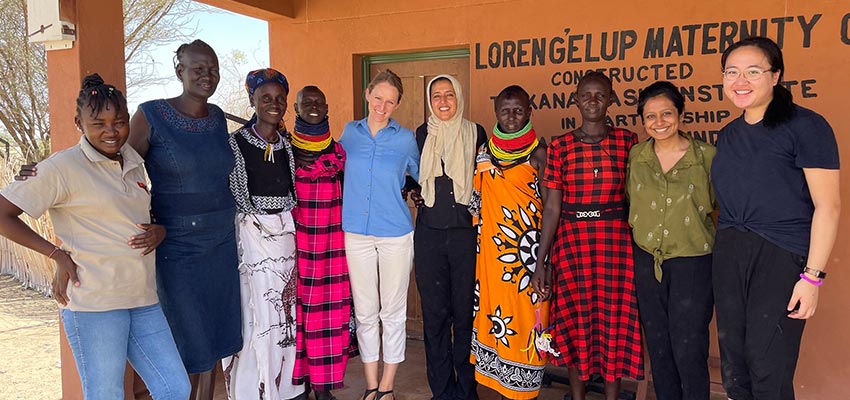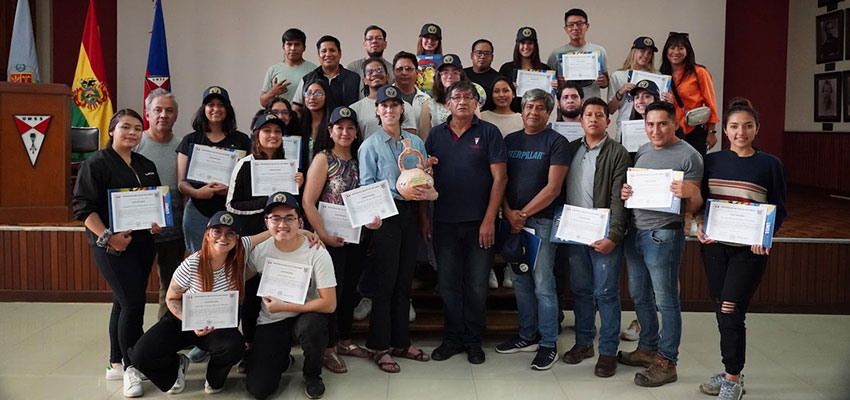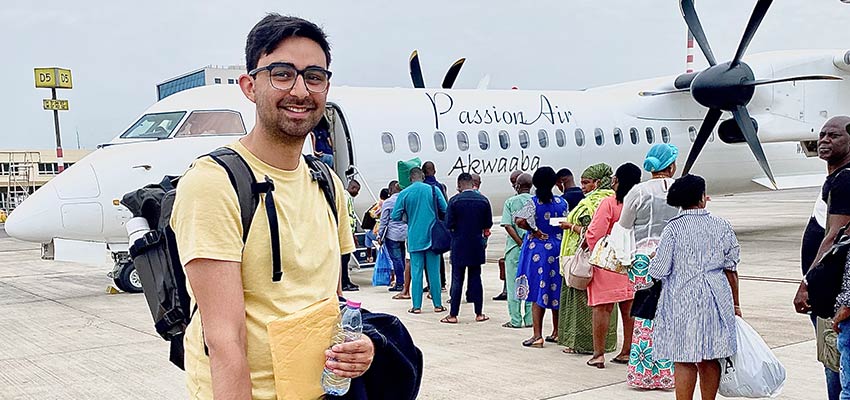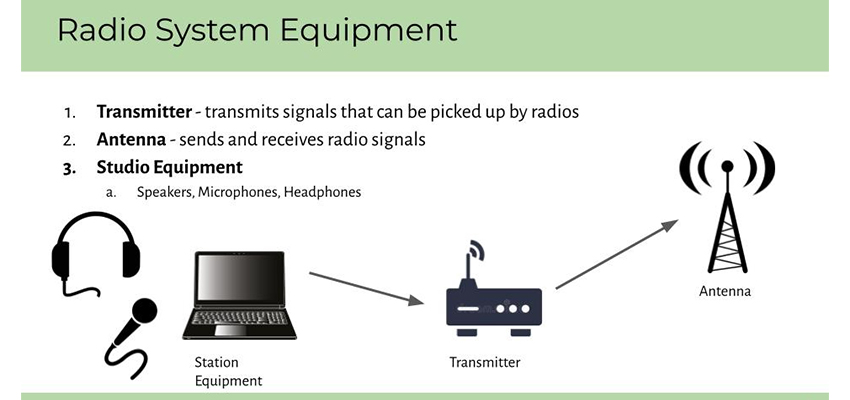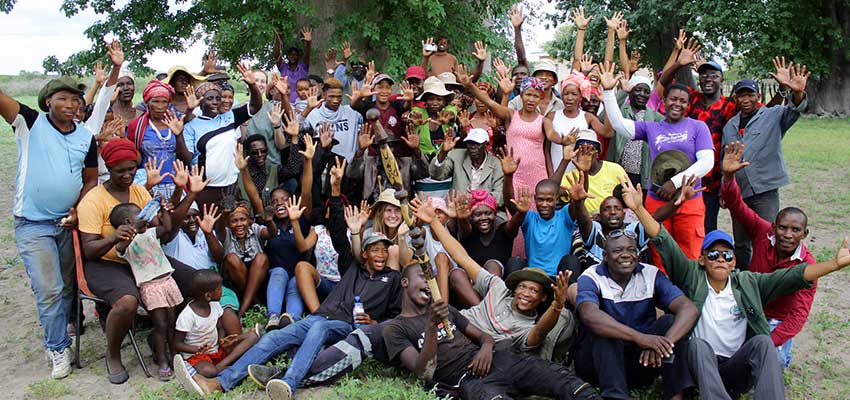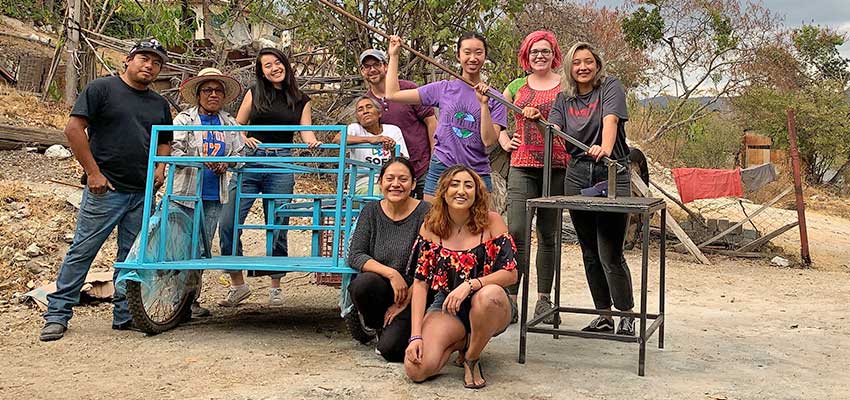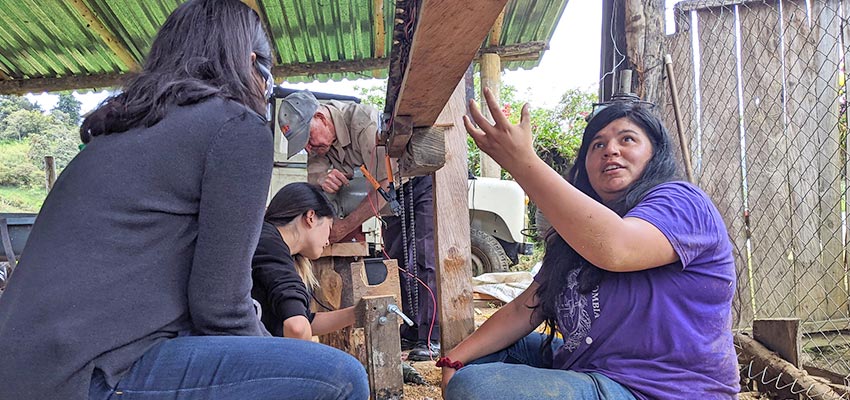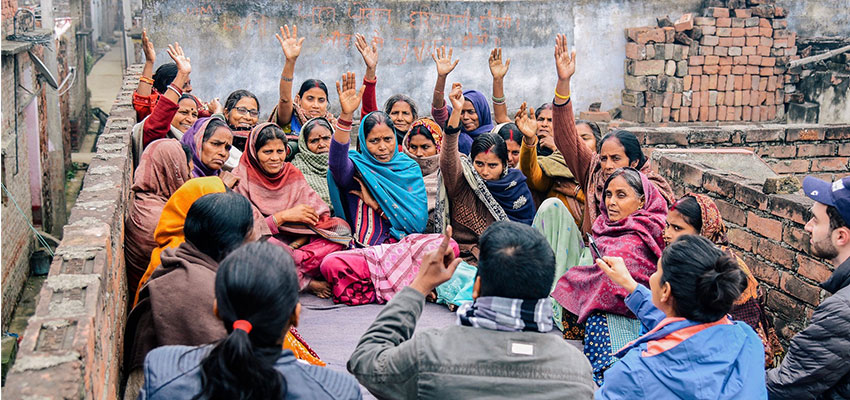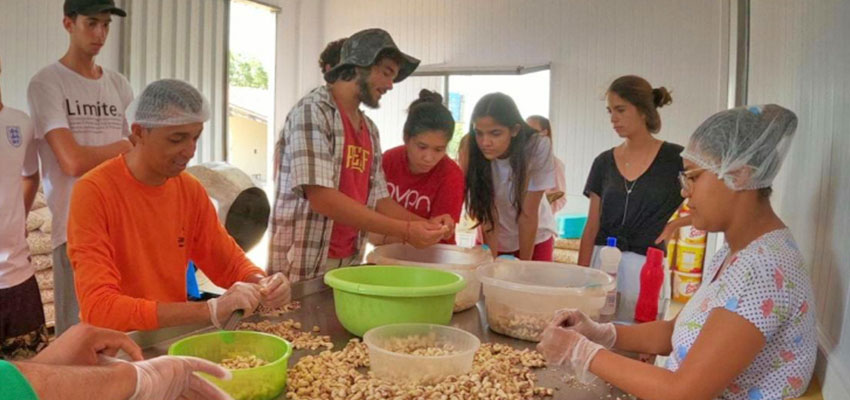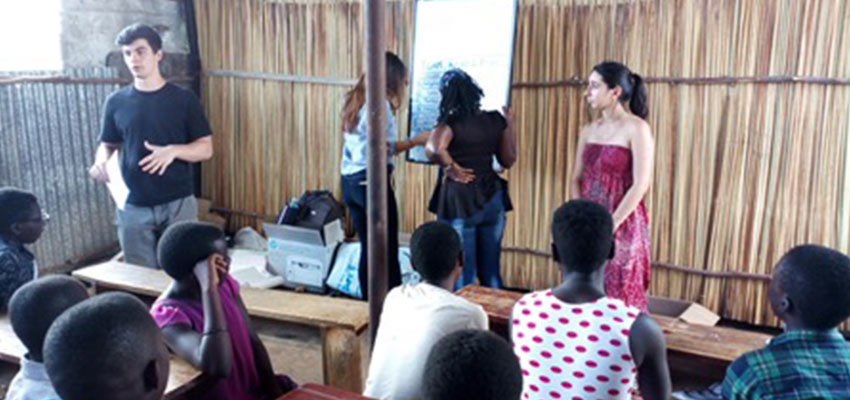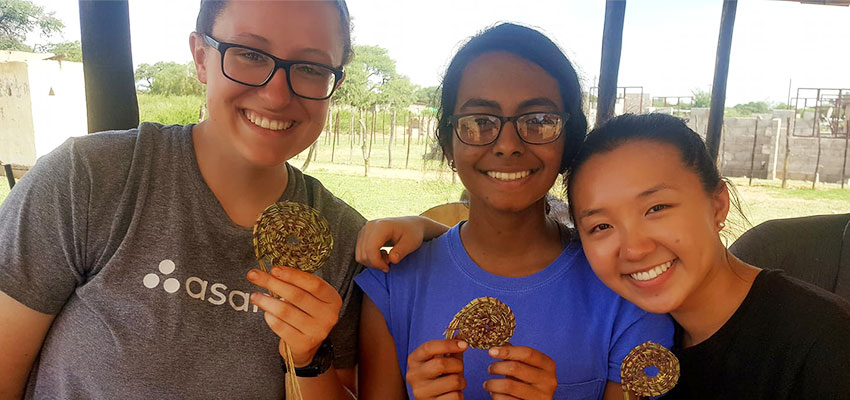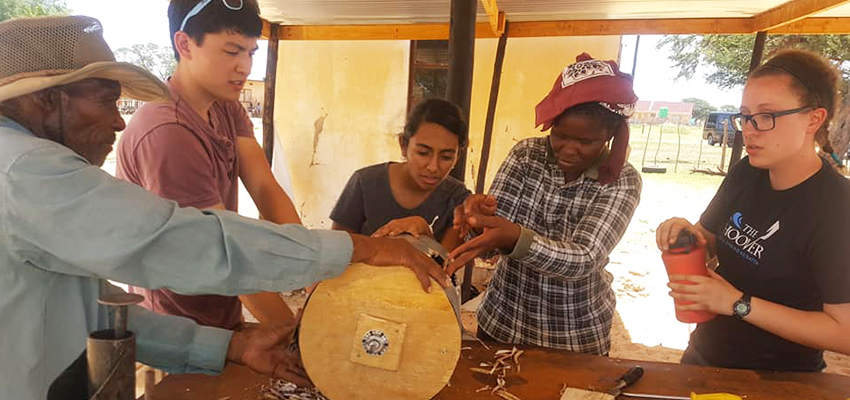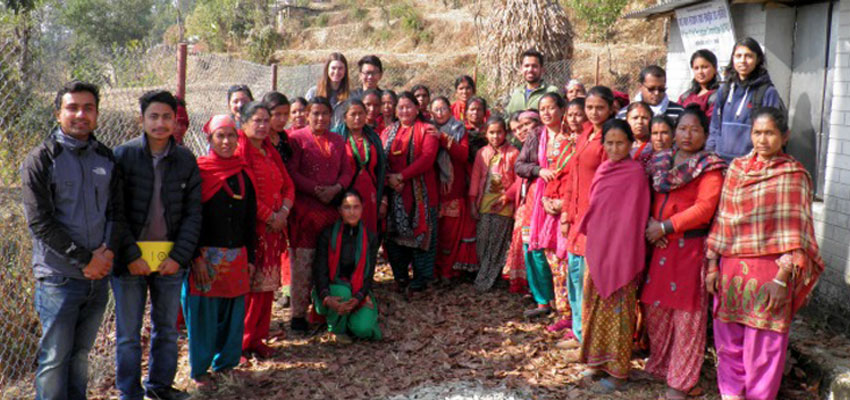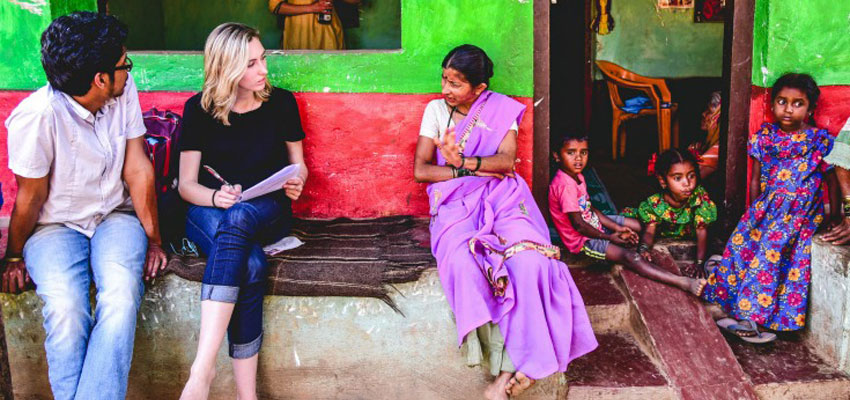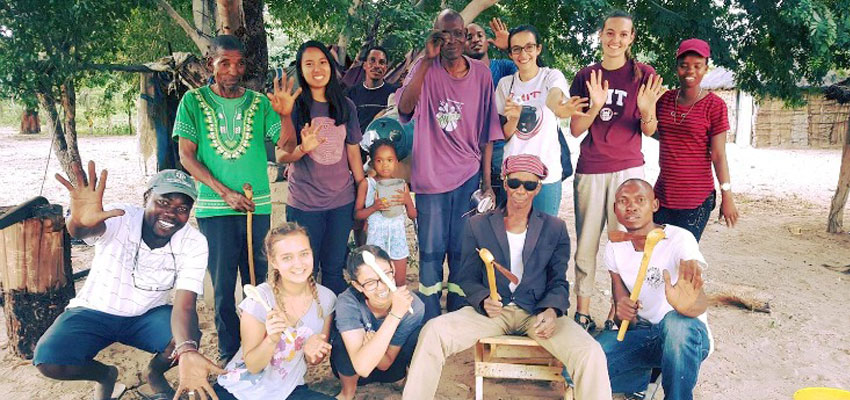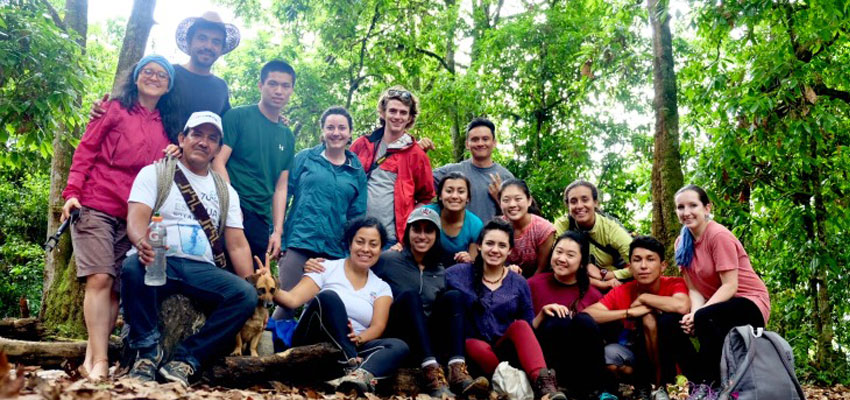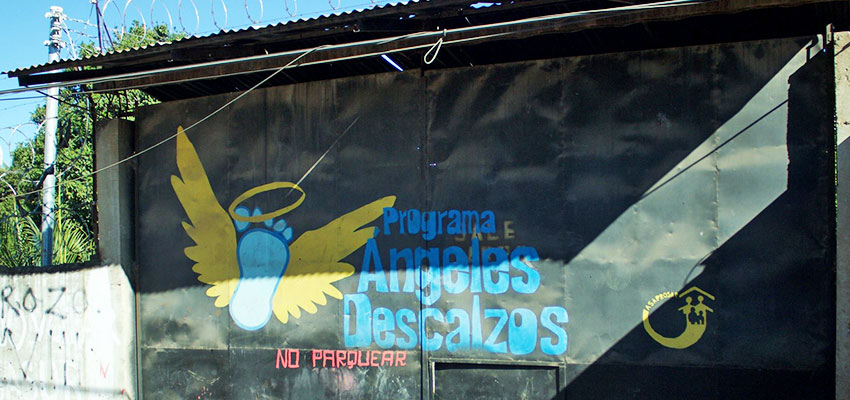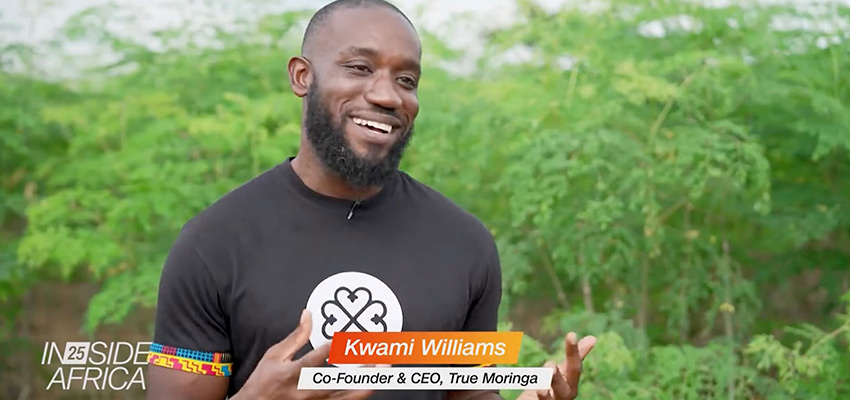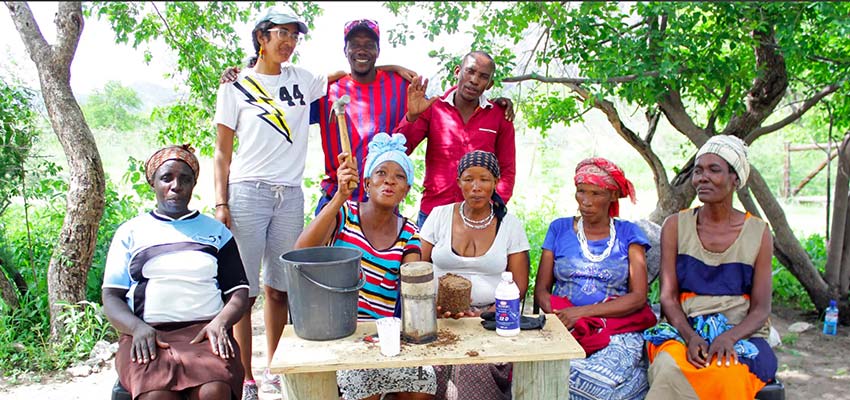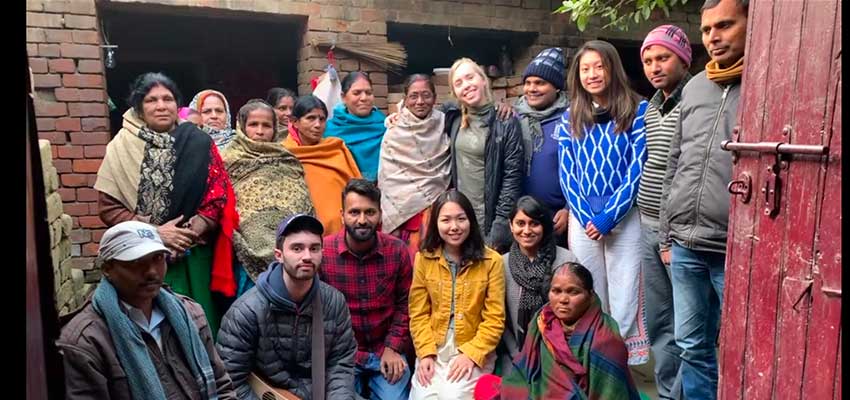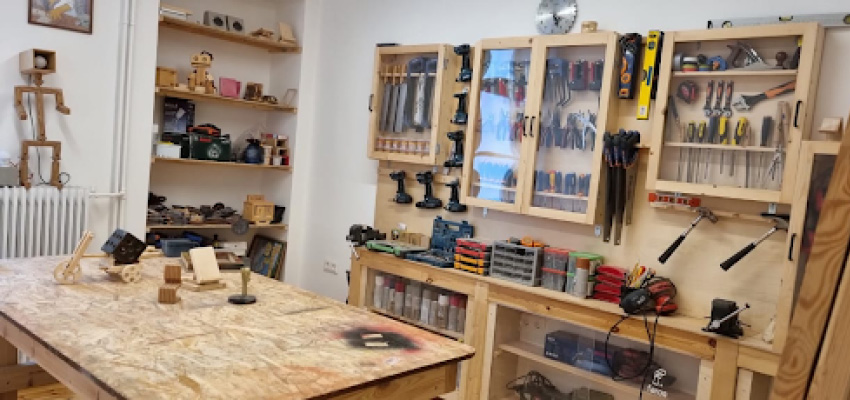
Innovative Stories: Designing for the Future
MIT D-Lab Class
Location
Athens, Greece
Community partner
Student team
- Jad Abou Ali, From Lebanon, MIT Class of 2026, Chemical Engineering.
- Ellie Han, From South Korea, MIT Class of 2024, Urban Planning.
- Adan Abu Naaj, From Palestine, MIT Class of 2026, Computer Science.
- Naman Sharma, from India, Harvard Class of 2024, Urban Planning.
- Chloe Smith, From U.K., MIT Class of 2025, Brain & Cognitive Sciences
- Manal Zia - From India, MIT Class of 2025, Urban Planning
Project Description: A series of workshops where youth refugees harness the power of storytelling and use social entrepreneurship skills to identify problems and build innovative and sustainable solutions to design a better future for their communities.
Problem
The number of refugees in Greece has increased over the past 10 years, reaching 160,761 refugees in 2021 (World Bank Data, 2022). Seeking asylum in a new country with an unfamiliar language and culture leads to physical and mental hardships. Due to these hardships, refugees lack access to education and, most notably, lack access to vocational and language training to help them integrate with the Greek community. (Source: World Bank Data, 2022)
Cultural context
Participation in educational activities differs due to the cultural, linguistic, and historical backgrounds of refugees. Cultural norms, especially gender roles from their home countries, could directly affect the attendance of women. Also, refugees who are influenced in English or Greek require additional language support, such as interpreters and multilingual/visual teaching materials. Many refugees have experienced trauma, impacting their learning and social interactions, therefore calling for even more support.
Theory of change
Refugee education is crucial to fostering community engagement and interaction – helping refugees to integrate into their new environment. The collaborative aspect of this design project will break barriers between refugees and host communities, building mutual understanding and respect.
This project’s ability to provide continuity of learning, especially in creative fields, would drive higher education and employment prospects for refugees, further aiding their integration with the host community. Securing employment could also aid refugees in funding their families back home and provide further education opportunities.
Solution
In our series of workshops, refugees will identify problems in their surroundings, design innovative and sustainable solutions to those problems, and implement their solutions using our help and supplies.
This project aims to teach refugees different short- and long-term skills, including storytelling, ideation, problem-solving, prototyping, teamwork, and leadership skills.
Students will positively impact their communities by challenging pressing issues, including climate change, waste management, education, and poverty.
Next steps
We will host our first series of workshops this January in collaboration with Faros Center in Athens, Greece. We will gain feedback from the refugees and improve our workshop for the future. We aim to scale this project to empower more refugees in Athens and expand it to other locations worldwide.
Contact
Libby Hsu, Lecturer; MIT D-Lab Associate Director of Academics


